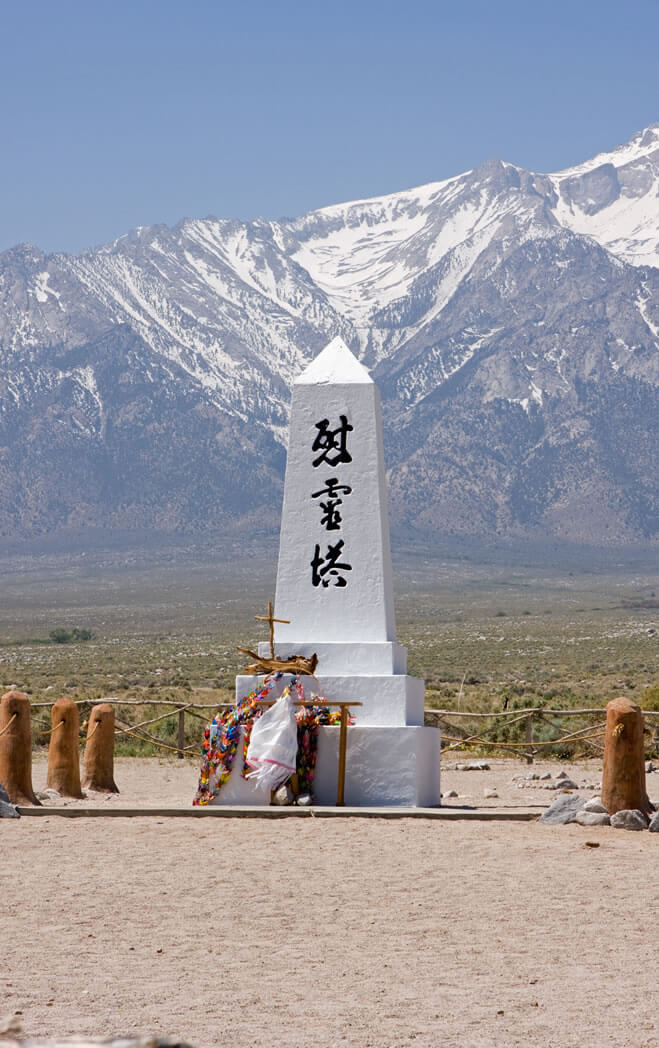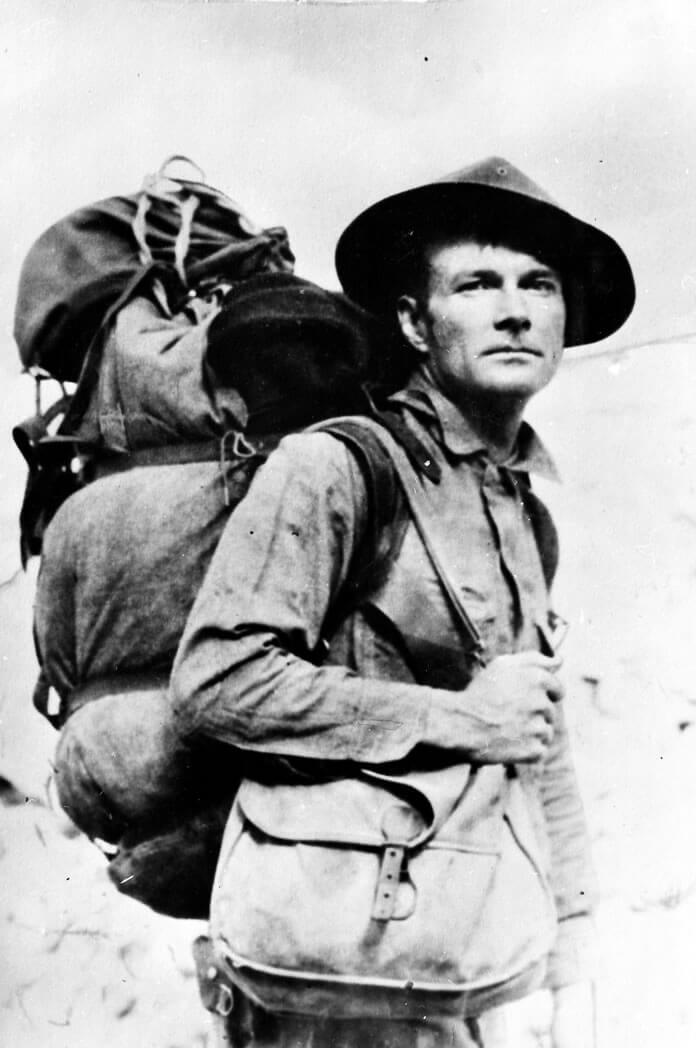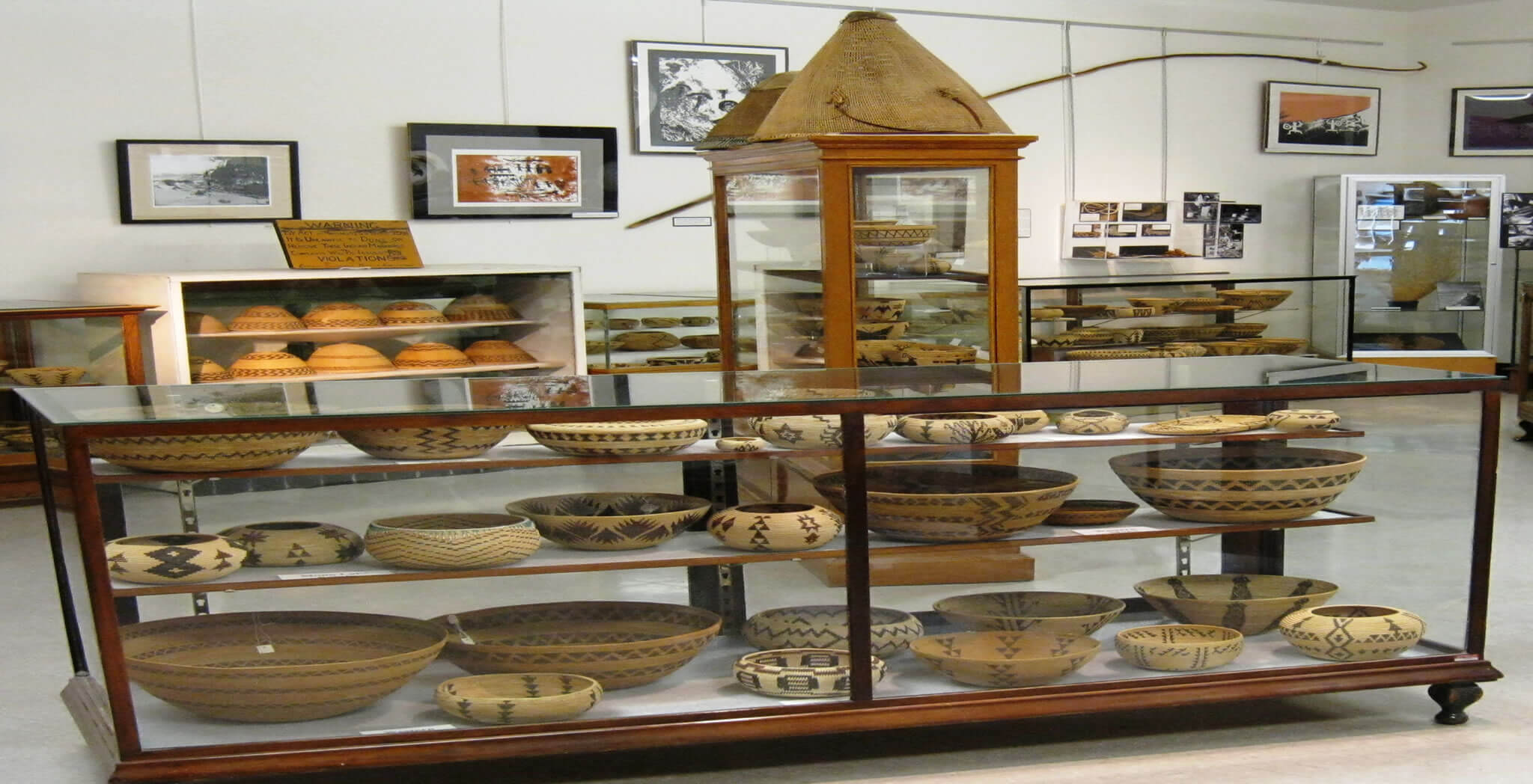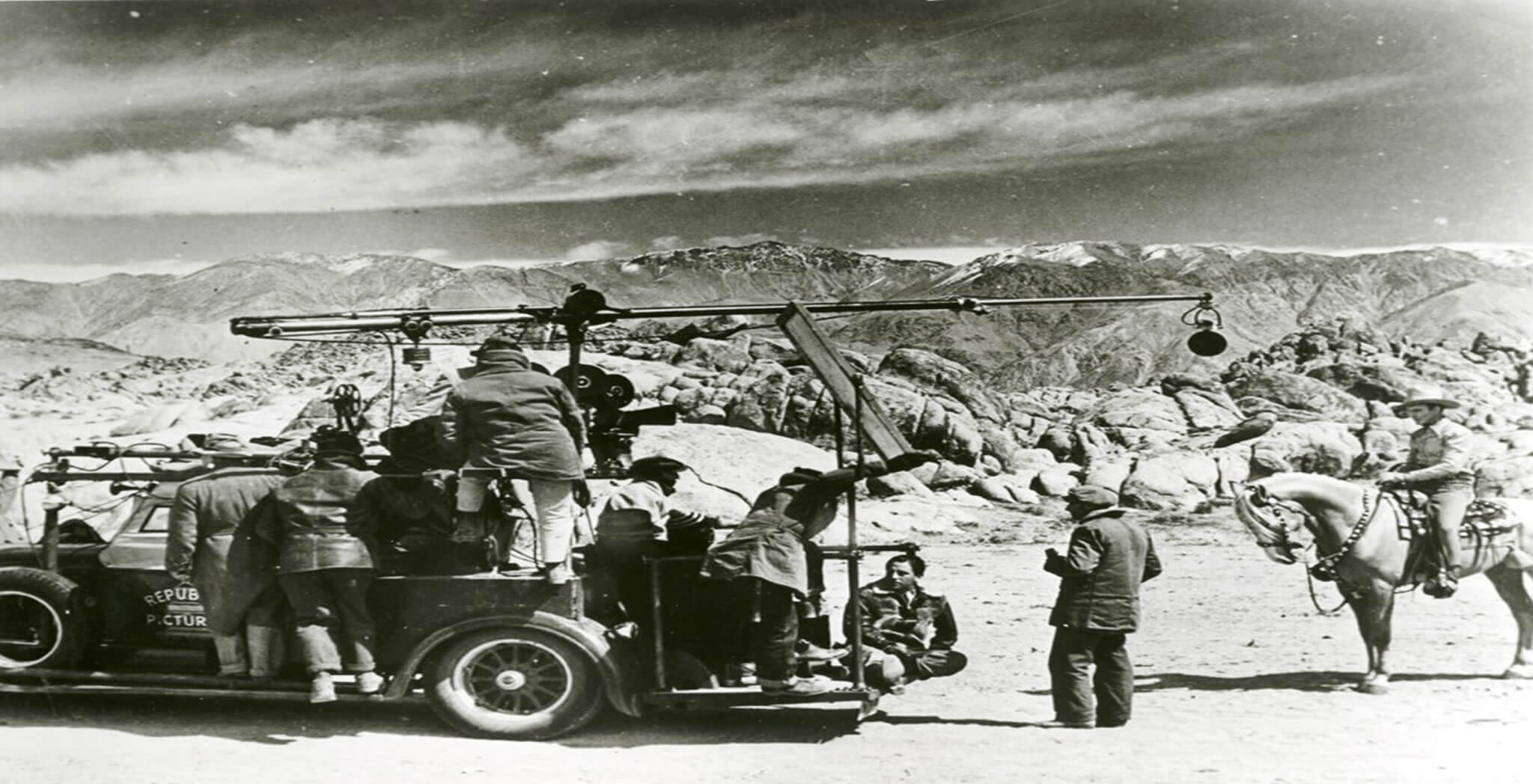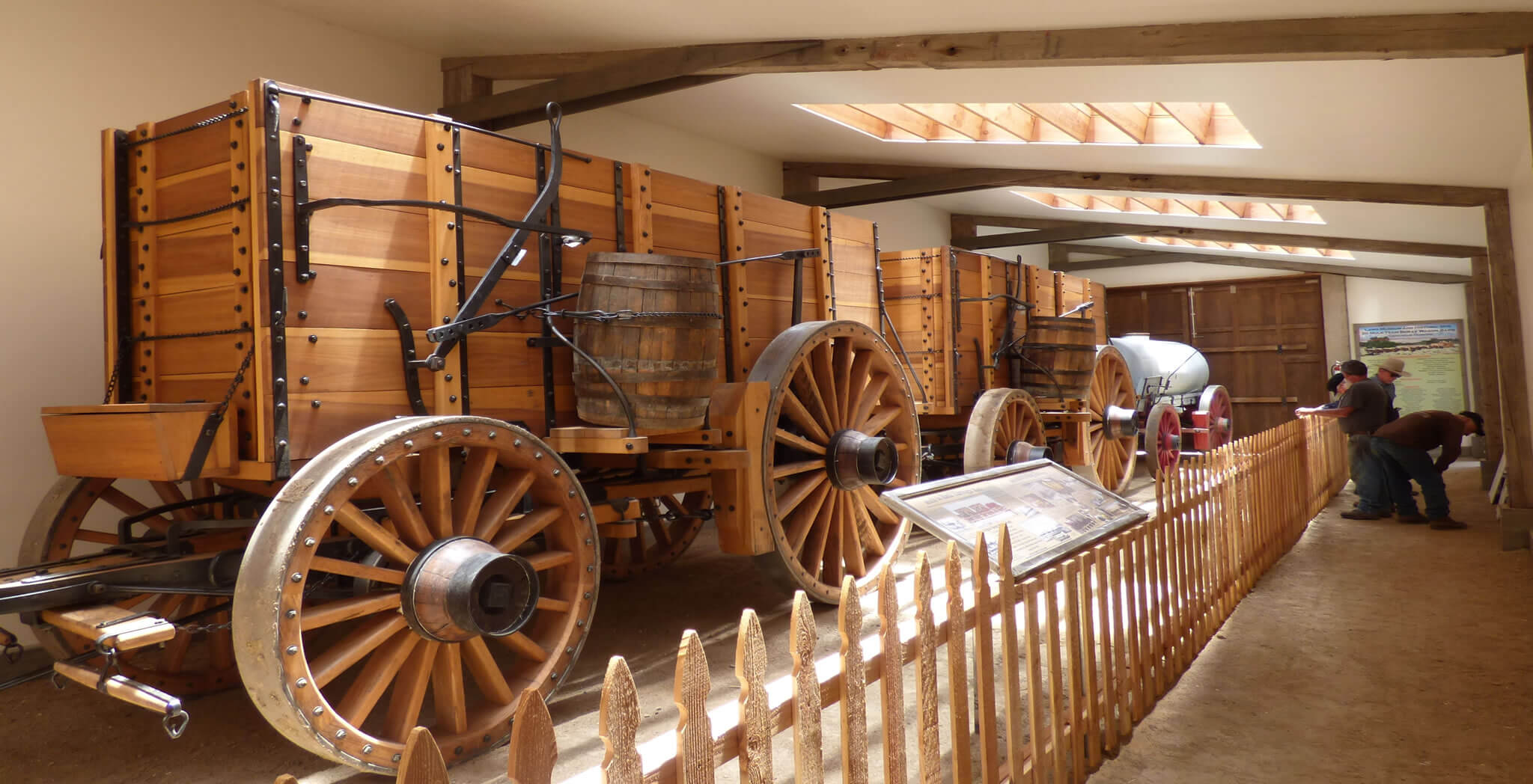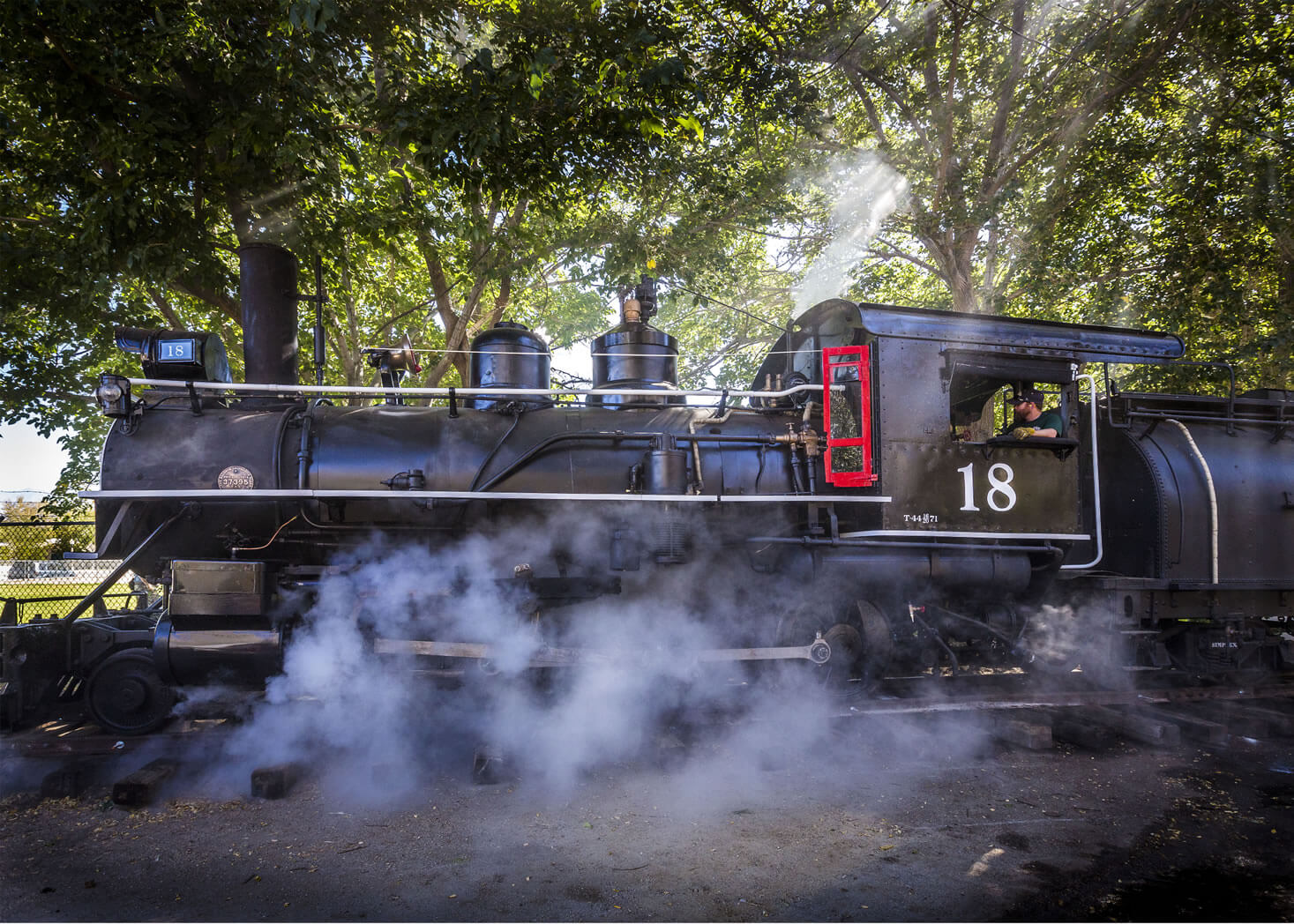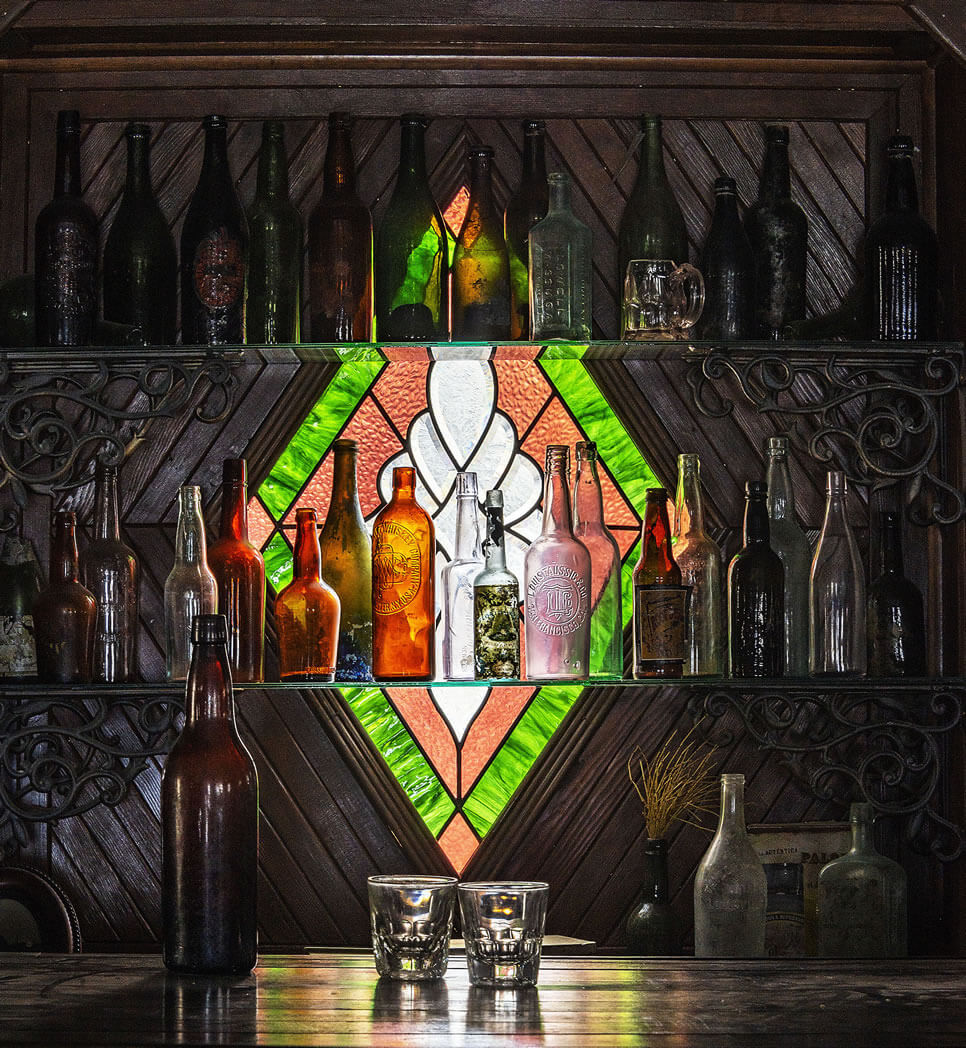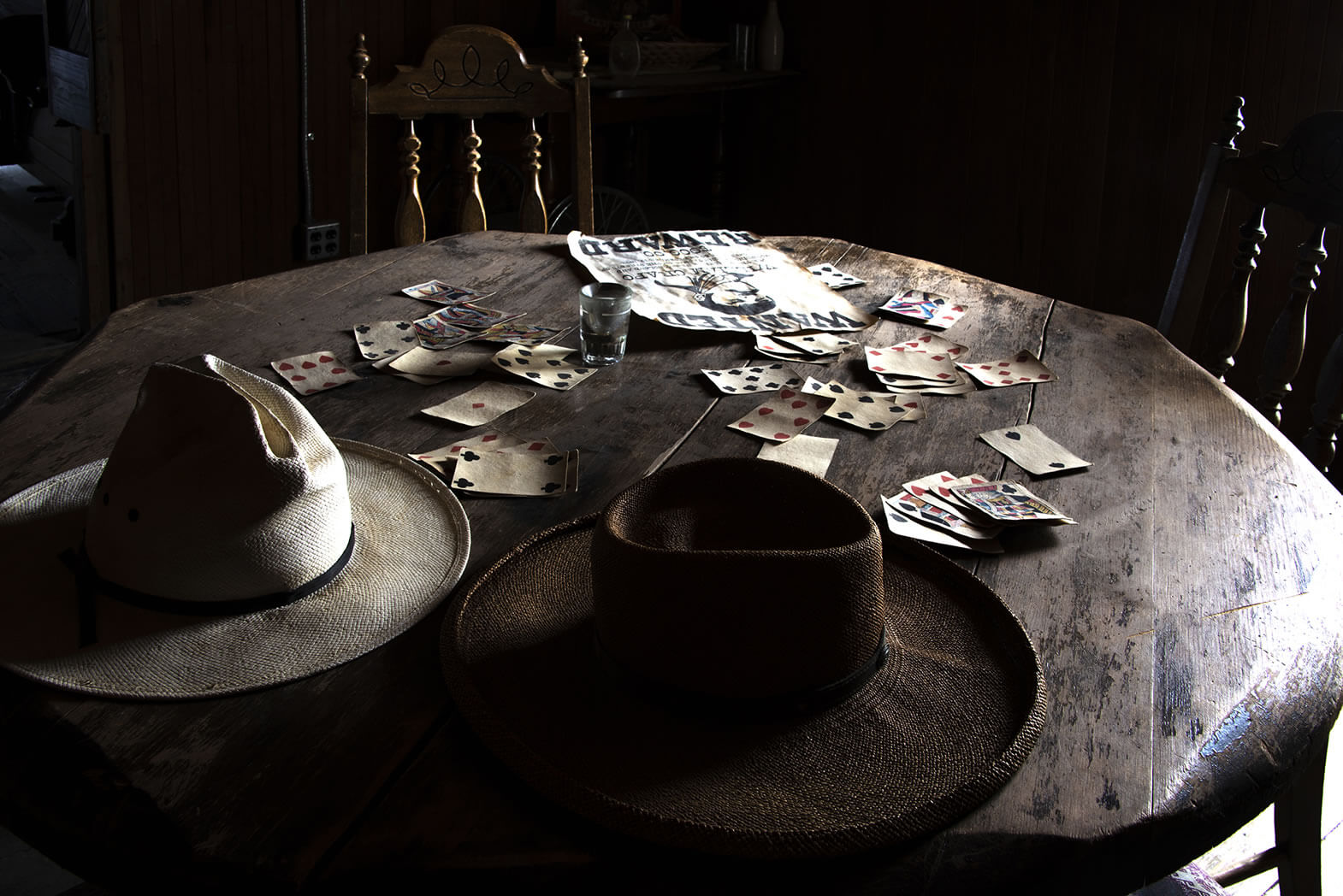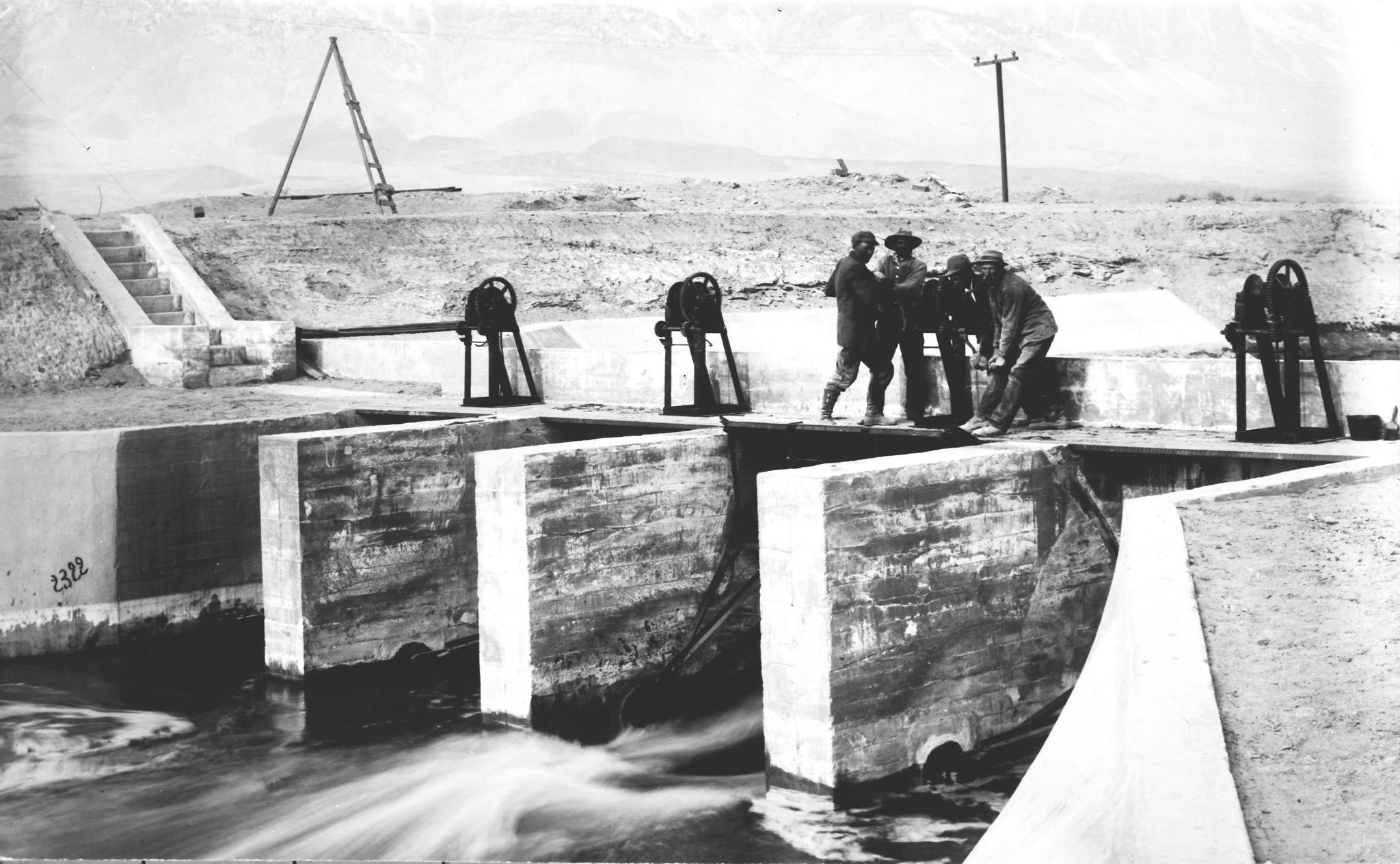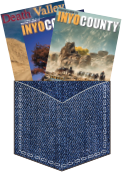INYO COUNTY MUSEUMS
We’ve listed these from south to north to make it easy to find them. You’ll see great displays and meet people who can answer your questions. And don’t miss the informative Scenic Byway stops all along Highway 395—look for the purple and orange mountain symbol.
Shoshone Museum
118 Highway 127 (east side), Shoshone, CA 92384
760-852-4524
Museum of Western Film History
701 S. Main Street, Lone Pine, CA 93545
760-876-9909
New Coso Heritage Society Southern Inyo Museum
127 W. Bush Street, Lone Pine, CA 93545
Next to the Lone Pine Library
Manzanar National Historic Site
Hwy. 395 (12 mi. north of Lone Pine, 5 mi. south of Independence)
P.O. Box 426, Independence, CA 93526
760-878-2194
Eastern California Museum
155 North Grant Street, Independence, CA 93526
760-878-0258
Owens Valley Paiute-Shoshone Cultural Center
2300 W. Line Street, Bishop, CA 93514
760-873-8844
Laws Railroad Museum and Historic Site
Silver Canyon Road, Bishop, CA 93514 (5 miles north of Bishop on Highway 6)
760-873-5950
Eastern California Museum
One of America’s largest collections of Paiute/Shoshone native-American baskets is now displayed in the newly established Anna and O.K. Kelley Gallery of Native American Life at the Eastern California Museum in Independence. The collection resides in a remodeled wing of the museum and includes baskets up to 125 years old. 100 other artifacts, including a rare rabbit skin ceremonial robe and headdresses come from the Eastern Sierra tribes from Paiute who lived in the Mono Basin, south to the Panamint Shoshone of Death Valley. Many of the exhibit’s so-called “fancy baskets” were crafted by native Americans in the early 1900s for sale to tourists, which accounts for their pristine condition. The ingenuity and artistry of native-American craftswomen is seen in the intricate patterns used, such as a cradle board to carry children with its built-in, woven sun screen. Bighorn sheep designs, rare beaded work and geometric forms in black, red and tan are seen on the baskets which are now on permanent display. Free admission.
Norman Clyde was a legendary Sierra mountaineer. He is credited with 100 first ascents of Sierra peaks and led Ansel Adams into the high country, when he wasn’t teaching or reading the classics in their original Greek or Latin. Clyde’s nickname was the “pack with legs” for the back-breaking 80-pound pack he would carry regularly. Photographs of him carrying that pack, “make your knees hurt just looking at them,” says Jon Klusmire of the Eastern California Museum in Independence where an exhibit about this pioneer mountaineer’s extraordinary life and accomplishments is now a permanent exhibit.
A visit to Inyo County yields much more than stunning scenery and outdoor recreation. Inyo County is among the richest historical destinations in the Eastern Sierra. From Gold Rush-era prospectors to Native Americans, to Tinseltown celebrities, adventurous explorers, and political interests, every corner of Inyo County has a story to tell.
Manzanar National Historic Site
Manzanar National Historic Site was in the Owens Valley about 45 miles south of Bishop. Located for the most part on the west side of U.S. Highway 395, between the towns of Lone Pine and Independence. The central portion of the relocation center site is now a National Historic Site administered by the National Park Service. Outlying portions of the relocation center are on city of Los Angeles land administered by the Department of Water and Power and public land administered by the Bureau of Land Management.
10,000 Japanese Internees
More than 10,000 Japanese internees were detained at Manzanar during the 1940s after Japan bombed Pearl Harbor bringing America into World War II. Many of the internees were actually American citizens, some of whom were veterans of WWII who fought for the US while their families were held in the camps. Manzanar is now preserved as a National Historic Site.
Learn more about it at their official site: www.nps.gov/manz.
The Manzanar Relocation Center, established as the Owens Valley Reception Center, was first run by the U.S. Army’s Wartime Civilian Control Administration (WCCA). It later became the first relocation center to be operated by the War Relocation Authority (WRA). The center was located at the former farm and orchard community of Manzanar. Founded in 1910, the town was abandoned when the city of Los Angeles purchased the land in the late 1920s for its water rights. The Los Angeles aqueduct, which carries Owens Valley water to Los Angeles, is a mile east of Manzanar.
The Manzanar Pilgrimage
Each April, the Pilgrimage brings in about 2,500 people to the Manzanar National Historic Site. The 1798 Alien Enemy Act was the basis for forcing Japanese Americans living on the West Coast to sell or just abandon homes and businesses and be relocated to incarceration camps without due process, or having any charges leveled against them as individuals. As of 2025, the Manzanar Committee has staged 56 pilgrimages, all with the overriding theme, “Never Again,” a message that always needs repeating.
Here’s a regional resource from the entire Eastern Sierra museum list through Death Valley and the gateway cities. Click the name to open the website.
Amargosa Opera House and Hotel (760) 852-4441
Ancient Bristlecone Pine Forest (760) 873-2500
Berlin-Ichthyosaur State Park (Nevada) (775) 964-2440
Bishop Information Center (760) 873-8405
Bodie State Historic Park (760) 616-5040
China Lake Museum (760) 677-2866
Cottonwood Charcoal Kilns
Eastern California Museum (760) 878-0258
Eastern Sierra Interagency Visitor Center (760) 876-6200
Fish Lake Valley Heritage Center and Museum (Nevada) (775) 752-3200
Furnace Creek Visitor Center (760) 786-3200
Goldwell Open Air Museum (Nevada) (702) 870-9946
Laws Railroad Museum & Historical Site (760) 873-5950
Lone Pine Museum of Western Film History (760) 876-9909
Mammoth Museum at Hayden Cabin (760) 934-6918
Manzanar National Historic Site (760) 878-2194 x3310
Mary Austin’s Home
Maturango Museum (760) 375-6900
Mono Basin History Museum (760) 647-6461
Mono Basin Scenic Area Visitor Center (760) 647-3044
Mono County Museum (760) 932-5281
Mt Whitney Fish Hatchery (760) 876-4128
New Coso Heritage Society Southern Inyo Museum
Owens Valley Paiute Shoshone Cultural Center (760) 873-8844
Rand Desert Museum
Rhyolite Ghost Town (Nevada)
Shoshone Museum (760) 852-4224
